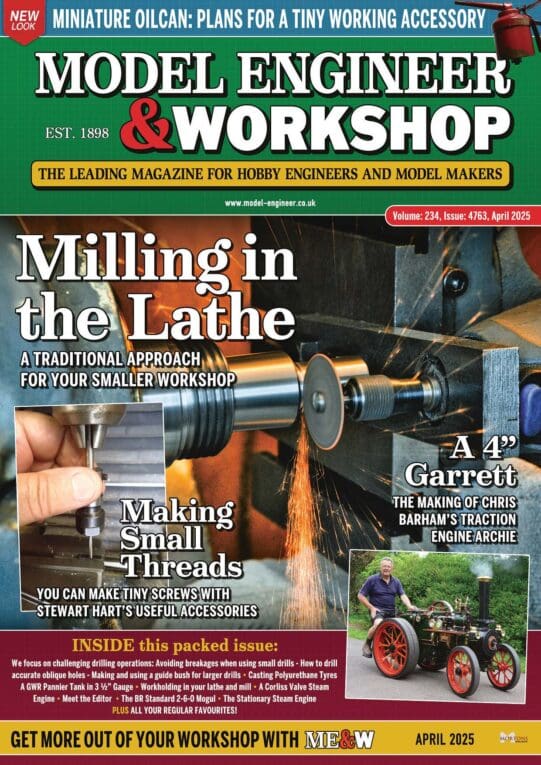Accordion renovation
Accordion renovation
- This topic has 8 replies, 6 voices, and was last updated 18 July 2022 at 10:39 by
Kiwi Bloke.
Viewing 9 posts - 1 through 9 (of 9 total)
Viewing 9 posts - 1 through 9 (of 9 total)
- Please log in to reply to this topic. Registering is free and easy using the links on the menu at the top of this page.
Latest Replies
Viewing 25 topics - 1 through 25 (of 25 total)
-
- Topic
- Voices
- Last Post
Viewing 25 topics - 1 through 25 (of 25 total)
Latest Issue
Newsletter Sign-up
Latest Replies
- Supply company catalogues
- Machinery Handbook
- Chester DB10LB Lathe – Not starting
- Measuring increments on boring head
- Elliott Omnimill Quill Clamp
- Problem getting the right parameters on a VFD
- Flattening brass plates
- How to wire up 3 phase motor and 3 phase converter?
- Morse Key
- Stripped aluminum threads. Now what?




